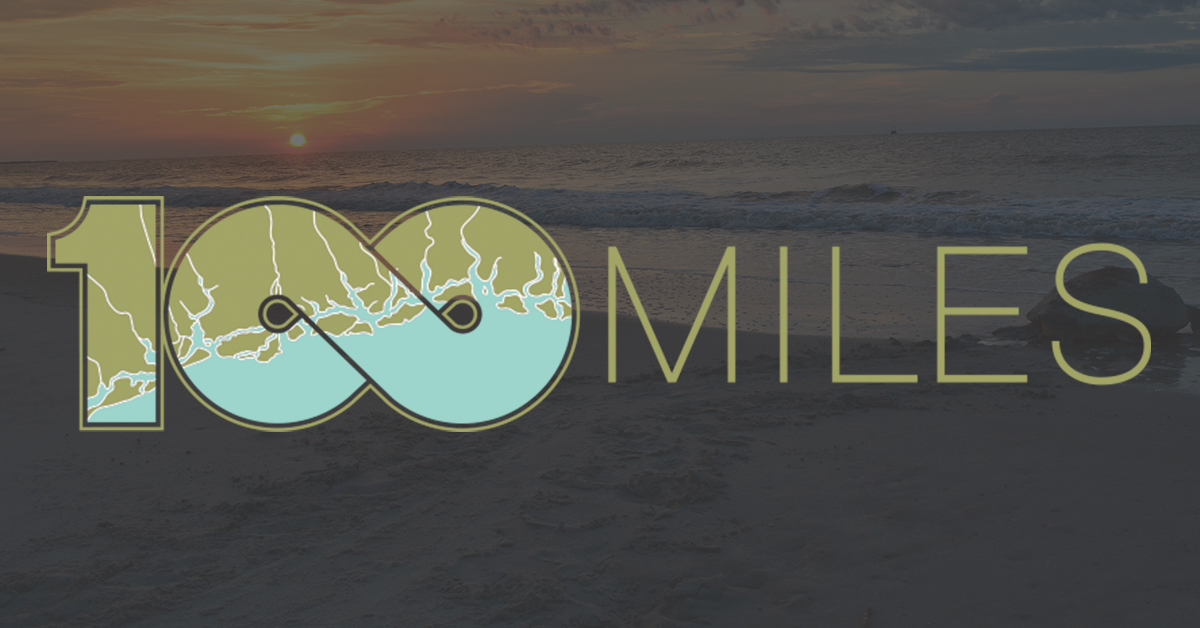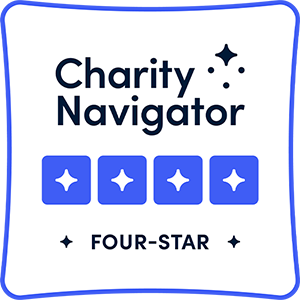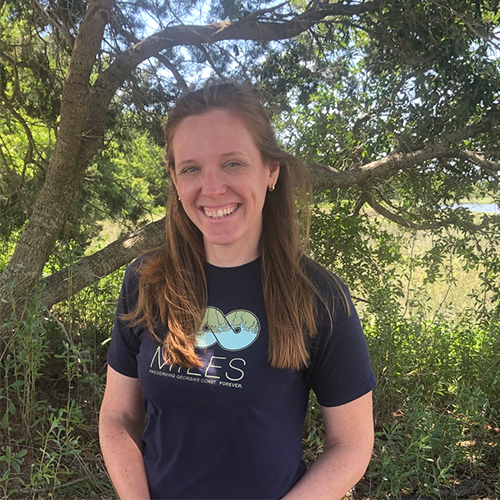Coastal Resilience
Re-sil-ience: the capacity to withstand or to recover quickly from difficulties.
For the past two decades, there’s been a lot of discussion about the concept of resiliency, specifically as it relates to preparedness for the impacts of climate change and sea level rise. There are all kinds of incentives for helping communities improve their climate resiliency—from federal grants for infrastructure improvements to educational opportunities and rebates on building materials.
We must prepare vulnerable coastal communities to be resilient. But resilience means so much more than infrastructure and engineering, and climate change is not the only threat our coast and its people are experiencing. From Chatham to Camden, industrial warehouse development is overrunning residential communities. Mega RV parks and travel centers with hundreds of gas tanks are rapidly being approved despite opposition from residents—or in some cases, they are essentially done deals before residents even have a chance to weigh in. Most of these projects are not in compliance with local planning ordinances, and the thousands of people raising their voices in opposition are being boxed out by elected officials who have a mentality of “grow anyhow, anywhere, anytime.”
This is the opposite of resilience.
A truly resilient community is full of residents and elected officials who understand what makes their place special, and they celebrate, protect, and enhance that unique identity. They ensure new proposed projects don’t make existing problems worse or usurp funding for solutions to those problems. People living in resilient communities set goals for achieving their community vision. Equally important, they stick to them, actively defending their goals and vision when a proposal comes into conflict with them.
The State of Georgia requires it. In the midst of these big community conversations about large projects and permanent changes to our landscape, many of our coastal counties and cities are updating their Comprehensive Plans and zoning ordinances. But they are going about it the wrong way. Last week, I was at a Comprehensive Planning meeting when a county staff person told me that they were just going through the motions to meet the requirements of the state. He said they were “checking a box.” In other words, they will spend time and money, ask for and record public input, draft, and approve a new plan—one that the planning department and County Commissioners will promptly ignore.
This keeps happening because we are not resilient.
It’s not for a lack of interest or engagement on the public’s part. Today, in every coastal county, regular commission meetings are packed with people who are raising their voices. Remember last year’s petition and referendum when thousands of Camden voters repealed the County Commissioners’ votes to purchase the spaceport property? And this year EPD, members of the Georgia Legislature, and the US Army Corps of Engineers received more than 160,000 comments on proposals to mine the Okefenokee swamp and pass legislation to protect it.
Yet our elected officials and planners continue to listen to the developers instead of the people they were elected to represent. This is frustrating, but if we all ramp up the effort to improve our communities’ resilience, there is hope. Here are a few suggestions.
- Let’s start engaging City and County Commissioners in respectful conversations outside of the meeting rooms. Consider inviting them to your neighborhood association meeting or a community picnic. Introduce yourself when you run into them in the school parking lot, at the beach, or in the grocery store. Don’t be afraid to mention your hopes and concerns.
- Regularly communicate about issues in public forums. Write a letter to the editor; tag a commissioner on social media; start a petition. Don’t wait until decisions have already been made to express your opinions. Encourage your friends and neighbors to do the same.
- Become one of the decision makers. You can do this by submitting your application for appointment to serve on a local Planning Commission or Historic Preservation Board. Or you could take it one step further and run for office.
We know these solutions aren’t always simple, but we’re here to help. On October 21, we’ll once again be holding our in-person Choosing to Lead Conference on Jekyll Island. One of our focuses this year will be on resiliency—of all kinds. We hope you’ll save the date. In the meantime, reach out to any of us at OHM with questions or to find ways to get more involved.
We must prepare our communities to be resilient—to withstand and recover. This requires all of us. I’ll leave you with a quote we’ve all heard before. As we find ourselves at a turning point for our coast—with our landscapes, wildlife, and people at risk—it is now more important than ever to keep it in mind.
“Never doubt that a small group of thoughtful, committed, citizens can change the world. Indeed, it is the only thing that ever has.” ― Margaret Mead
Thanks for all you do.
Megan











